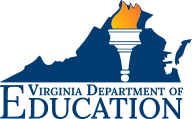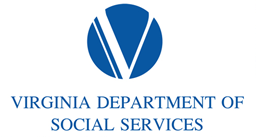ORM REGULATORY MODERNIZATION HIGHLIGHTS

Professional licensing is among the most important tasks undertaken by state government. Licensing helps ensure that individuals providing critical services are fully qualified and protects the health and safety of Virginia citizens. It is critical that the licensing process move quickly and efficiently, however, as any delays both limit professionals’ ability to earn a living and deprive citizens of those professionals’ services.
This installment of the Regulatory Modernization Highlights features the work of two agencies that found innovative ways to streamline or cut regulatory burdens.

State Board of Education adopts universal licensure by reciprocity.
K-12 teachers play an invaluable role in ensuring that Virginia students are prepared to enroll in higher education, join the military, or enter the workforce. Unfortunately, like many other states, Virginia is facing a shortage of teachers.
Teacher licensing helps ensure that new teachers will provide a quality education to Virginia students. But any delay in the licensing process exacerbates the acute teacher shortage.
Recognizing this problem, the General Assembly passed a law that provides for universal licensure by reciprocity for out-of-state teaching applicants. In response, the Department of Education promulgated a regulation providing that anyone who holds an out-of-state teaching license and has worked in another state for three years can waive into practice in Virginia. This change will attract experienced educators to the Commonwealth and help reduce the teacher shortage.

The State Board of Social Services makes it easier for out-of-state practitioners to work in assisted living.
Another area in which Virginia is facing a significant worker shortage is elder care. Assisted living facilities provide high quality care for seniors while helping maintain seniors’ independence, but these facilities are also struggling to find enough qualified workers.
One way to help reduce the worker shortage is to recruit talented professionals from out of state. Since these individuals have already proven their ability to work in the profession, they can obtain a Virginia license on an expedited basis. But even a few weeks’ delay in getting that license can deprive these professionals of needed income and prevent seniors from receiving the care they can provide.
The General Assembly therefore passed a law that allows out-of-state professionals to practice in assisted living facilities for 90-days while they are receiving authorization for Virginia practice. The State Board of Social Services has now issued a regulation implementing that law. This will help reduce another critical worker shortage and improve the lives of Virginia’s senior citizens.
Download ORM Highlights: September 2024.